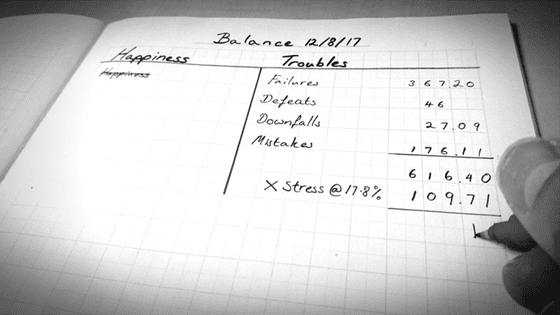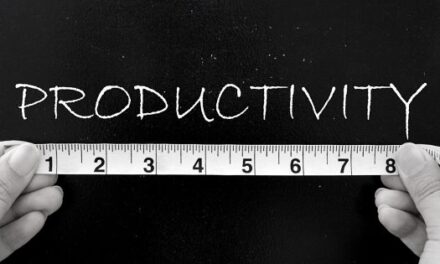According to safe work Australia, there is an issue that is costing Australian business over $10 billion per year, and that figure is climbing at an alarming rate. By 2050 the issue is expected to rise to $33 billion.
So what issue could possibly be draining Aussie businesses billions of dollars?
‘STRESS.’

Stress is making employees and business owners sick. The stress may be work related, but it could also be external stresses such as family or financial strain. Internally it could be overwork or burnout. Whether it be stress from work or an external stress it doesn’t matter. Either way that employee or business owner being weighed down by toxic stress is going to be extremely less productive.
Statistically speaking 29% of workers will “Chuck a sickie” due to feeling stressed. Having a boss that is a poor leader has shown figures to go up 35% due to the added toxic stress and pressure that bad leadership causes in the workplace. This stress leads to a high turnover staff rate.
“Turnover costs your bottom line 2.5 times per a full-time employee’s salary. A productive $55,000 a year, an experienced employee leaving your company costs you $122,500.” — Carnegie MG
So, it appears the most obvious cost to business is Absenteeism and staff turnover. What about Presenteeism?
Presenteeism is when people are at work, but their mind is elsewhere. Seth Godin also talks about “Sheepwalking”
“Presenteeism is a concept that describes people being present at work but not productive. Current research shows this to be a $33 billion loss to Australian industry.” — Carnegie MG
People who don’t feel secure about their employment can be more susceptible to toxic stress and therefore presenteeism. When the workplace is stressful, this can lead to people running around appearing to be busy but not achieving much. It doesn’t have to be this way!
Understanding stress and how to utilise it to your advantage can fix this leak in your bottom line and increase productivity and employee satisfaction.
Here are 5 ways to change how you do stress and utilise it:
-
Change how you see stress
When stress hits (and it will) it can have a heavy impact on our work, relationships even our health can suffer. Stress can create such panic and anxiety that it becomes your “dominant thought”. But, this doesn’t have to be the case! If you change how you see stress you can modify the outcome. Looking at stress as an adventure or a challenge rather than a threat, can fire up your body and get you excited. It can set your social rewards system into play, and the stress you were once feeling is now the foundation of self-worth and pride.
-
Create Consistency
Some of the world’do things that set them up for a good day. Think of three productive habits that are unique to you, and create a morning routine with them incorporated in. Then every day stick to your routine and make sure you start your day off right doing what is best for you and to get your head in the game from the beginning of the day.
-
Enjoy your successes
In a world that seems to keep getting busier and busier and our ‘to do’ lists growing it is very easy to tick off one task and race onto the next one. Instead, take 3 seconds to stop, and acknowledge to yourself that you have completed something that needed to be done. This will give you the positive encouragement your brain needs to move onto the next task and achieve that too. By celebrating the small wins, you sustain productivity and momentum.
The same can be said for acknowledging and praising other people’s (staff, co-workers, family & friends) good work and achievements. This releases the chemical Serotonin into your system and will get you and others feeling good about themselves, and their work. Genuine praise will provide a sense of pride and community in the workplace.
-
Change your posture. Change your thoughts.
Your body language is a two-way street. It , hunched over with poor posture, will tell your brain that you are small and powerless. In times of extreme stress, “be big and breathe”. Sit up straight, hold your head high and breathe deeply. This tells your brain that you are big and strong and not under threat. There is evidence that poor posture from looking at mobile phones all day is adding to anxiety levels.
-
Mind-awareness
Most people suck at meditation. Meditation is a great weapon to connect with your thoughts but I’m terrible at it. Mind-awareness is meditation for people who suck at meditation (ie. ME). Sit or lie comfortably and breathe in through your nose, and out through your mouth. Concentrate on your breathing and thoughts will come into your mind. Don’t fixate on them, don’t solve problems, just notice them and go back to breathing. Do this for 5-10 minutes. Mind-awareness is understanding your “dominant thoughts”. After you have finished, ask yourself “What am I thinking? Why am I thinking it? And, is it helping?”. Mind-awareness is meditation and mindfulness for people who hate hippie rubbish.
You don’t need to drive a Combie or sing Kumbaya while sitting cross-legged and burning incense to practice mind-awareness. You can simply sit or lie down somewhere making yourself comfortable, close your eyes and focus on your breath.






















